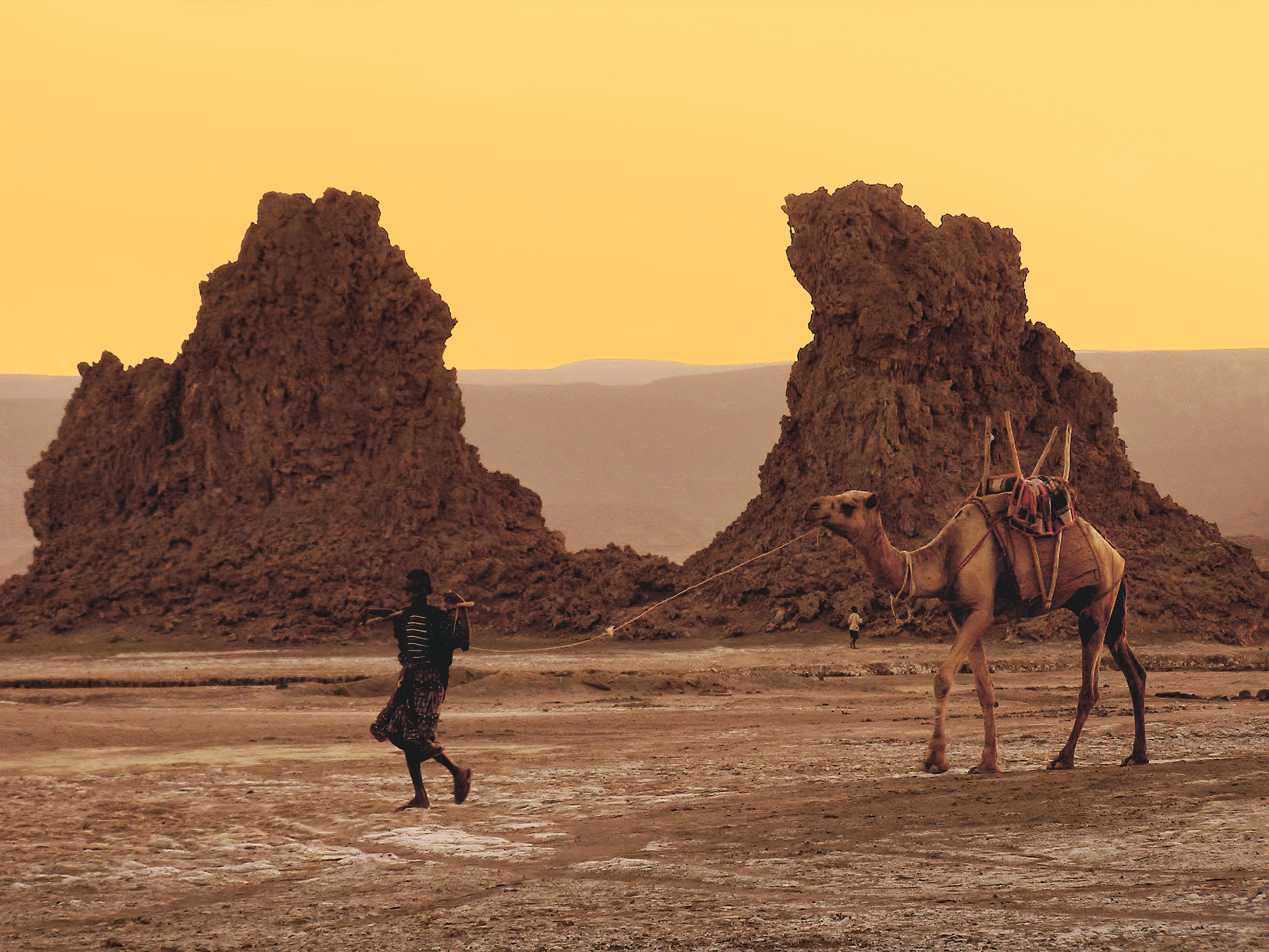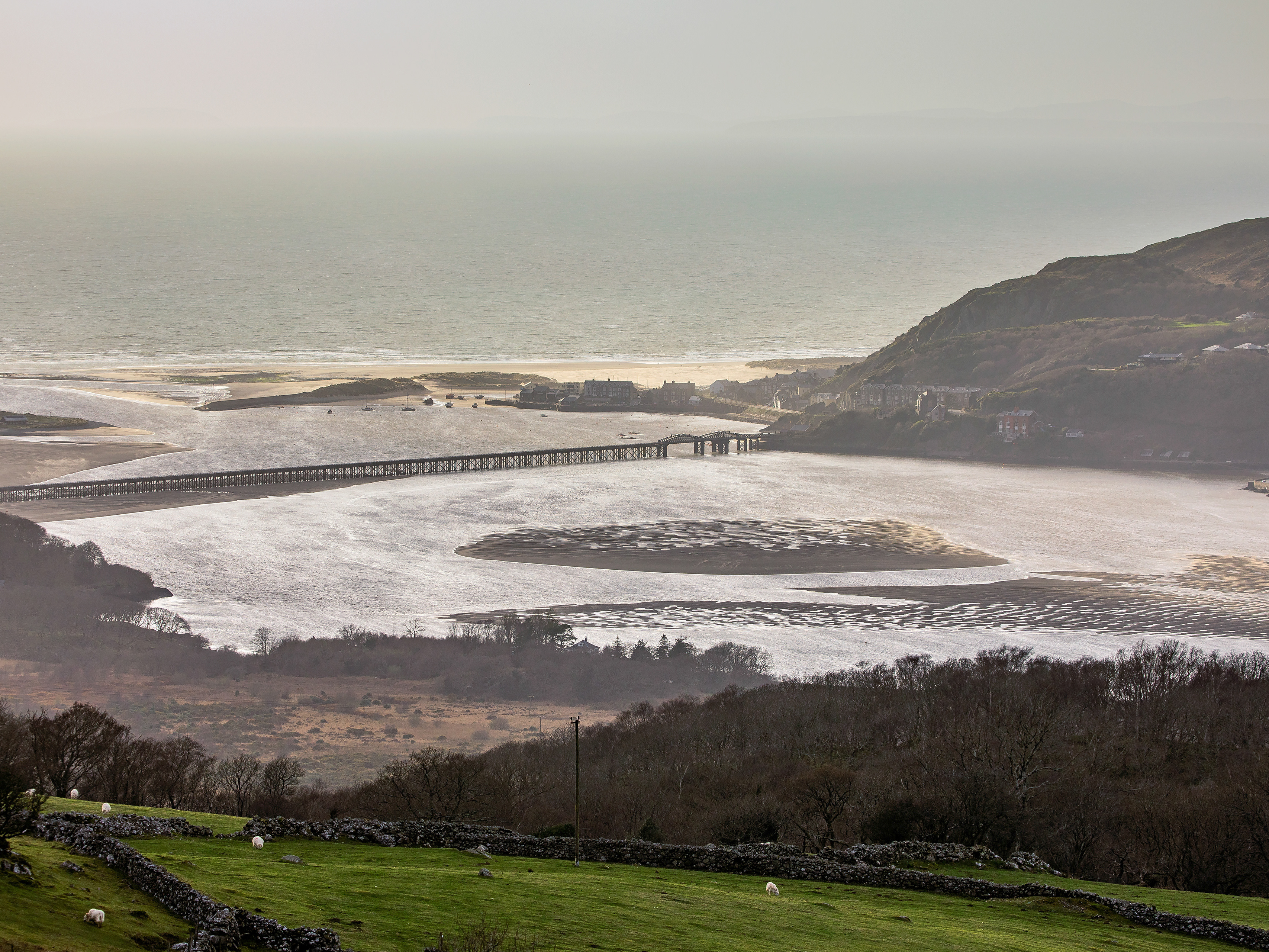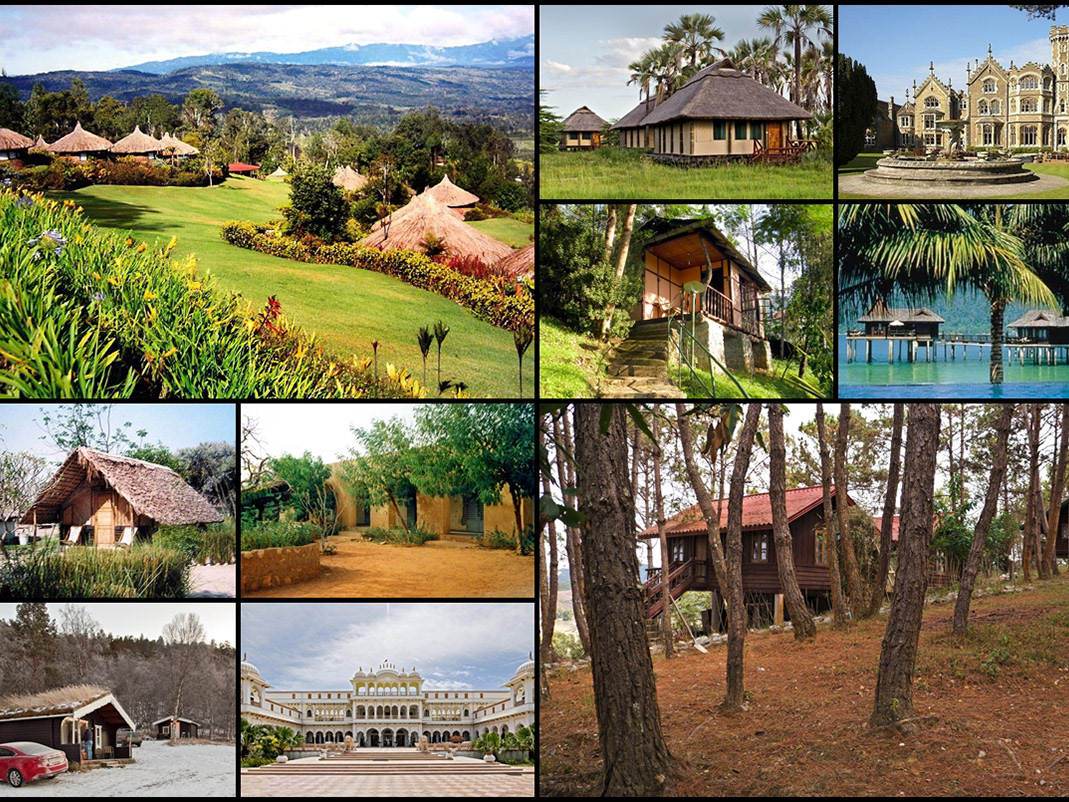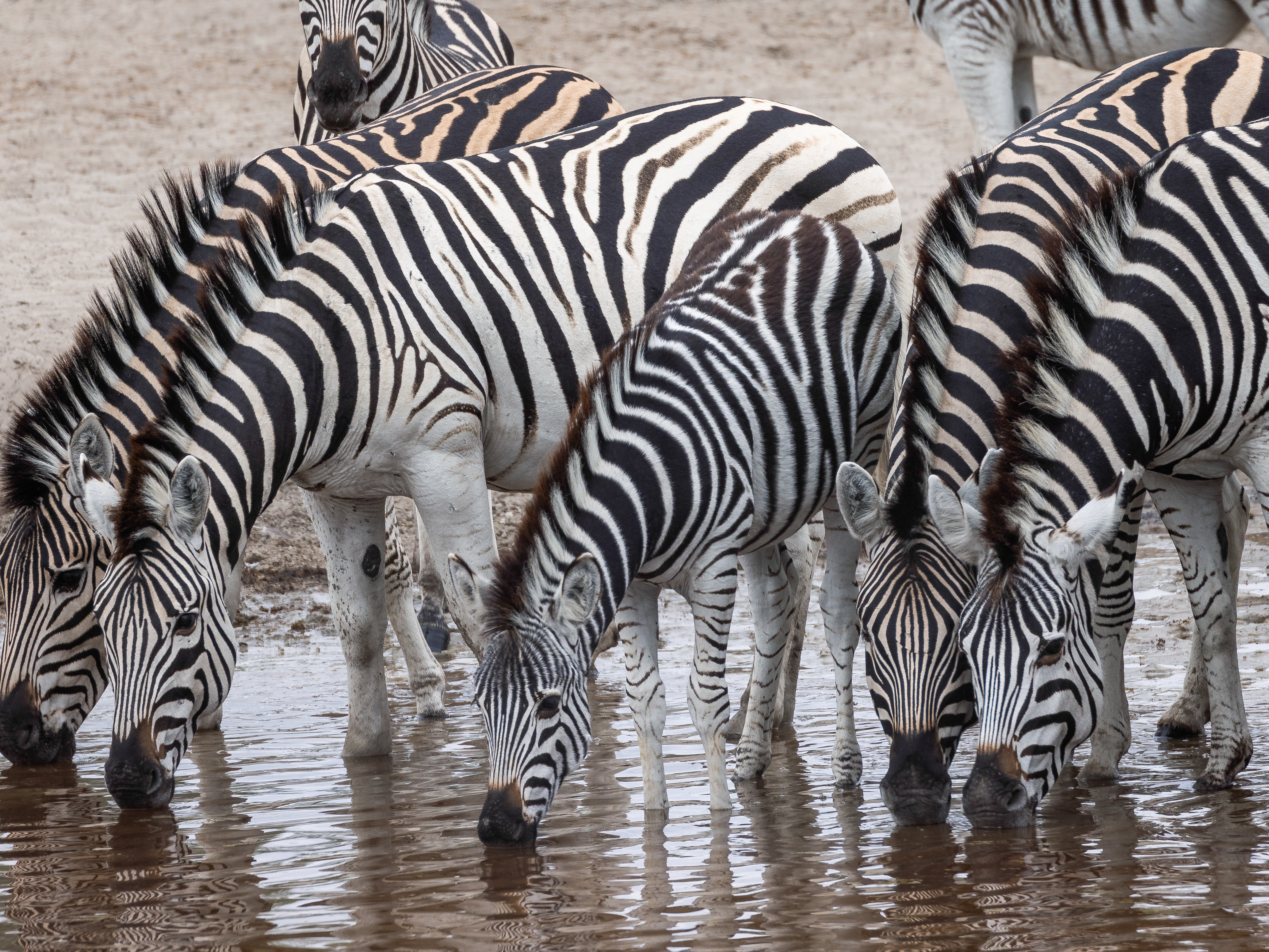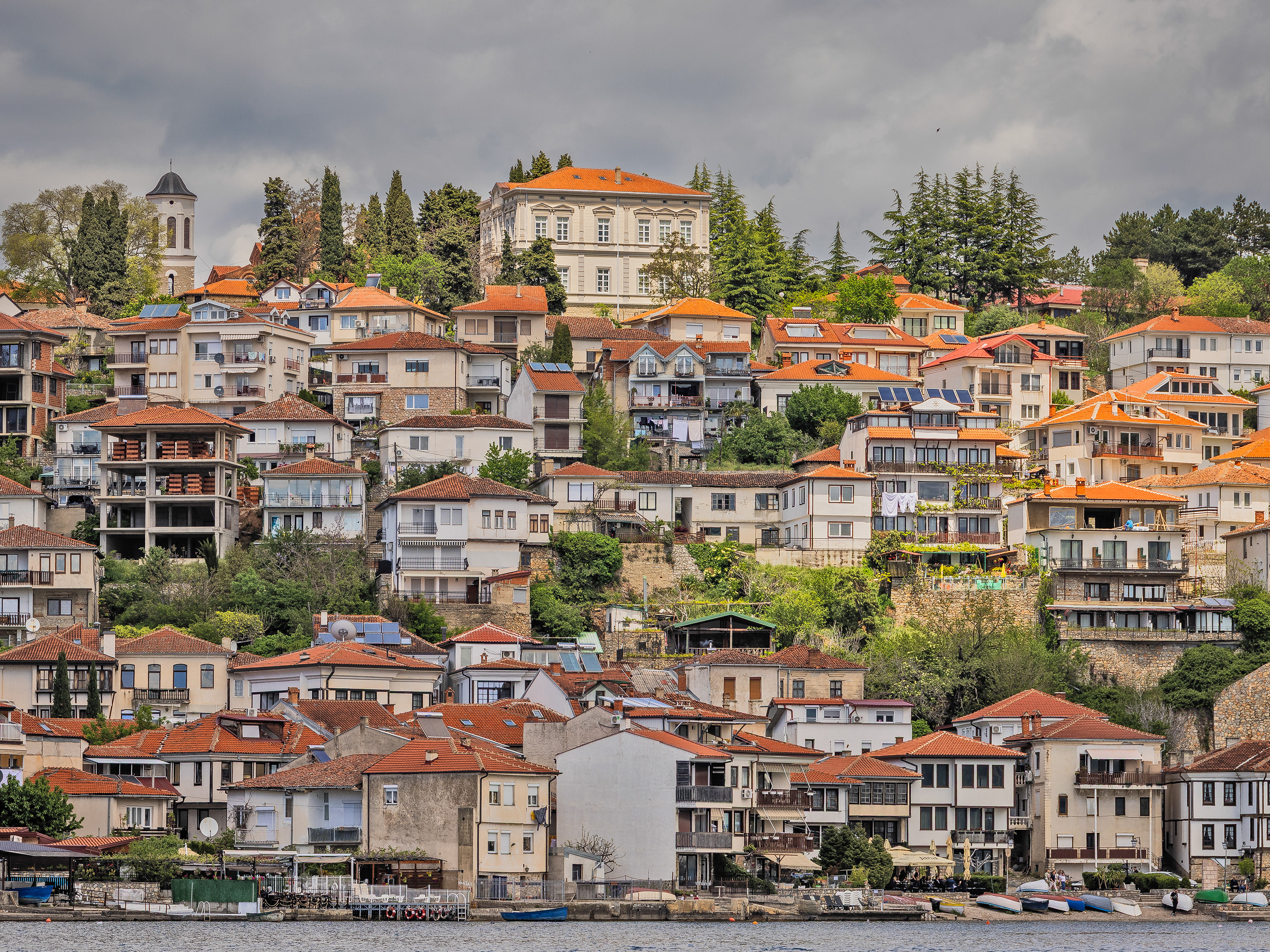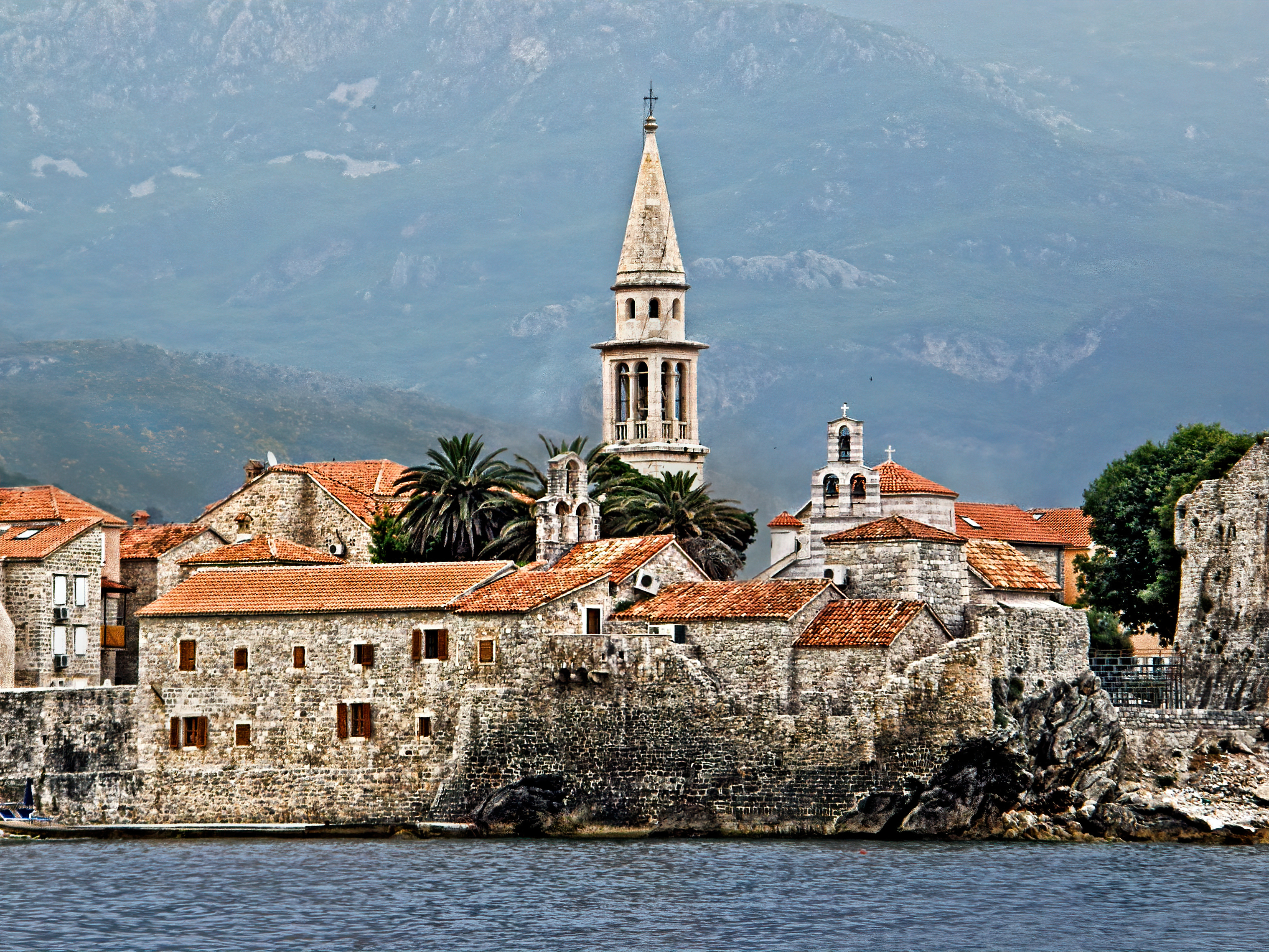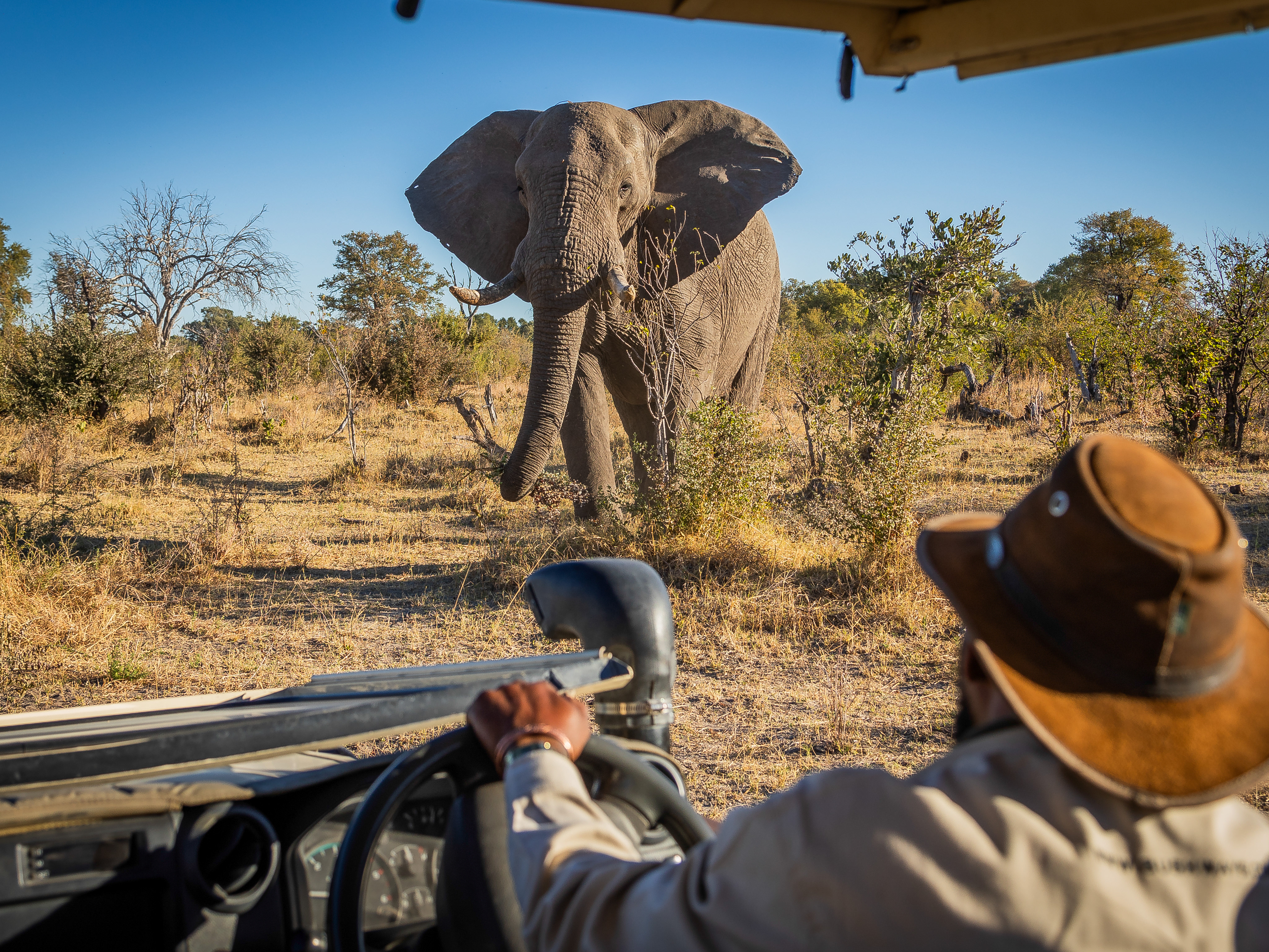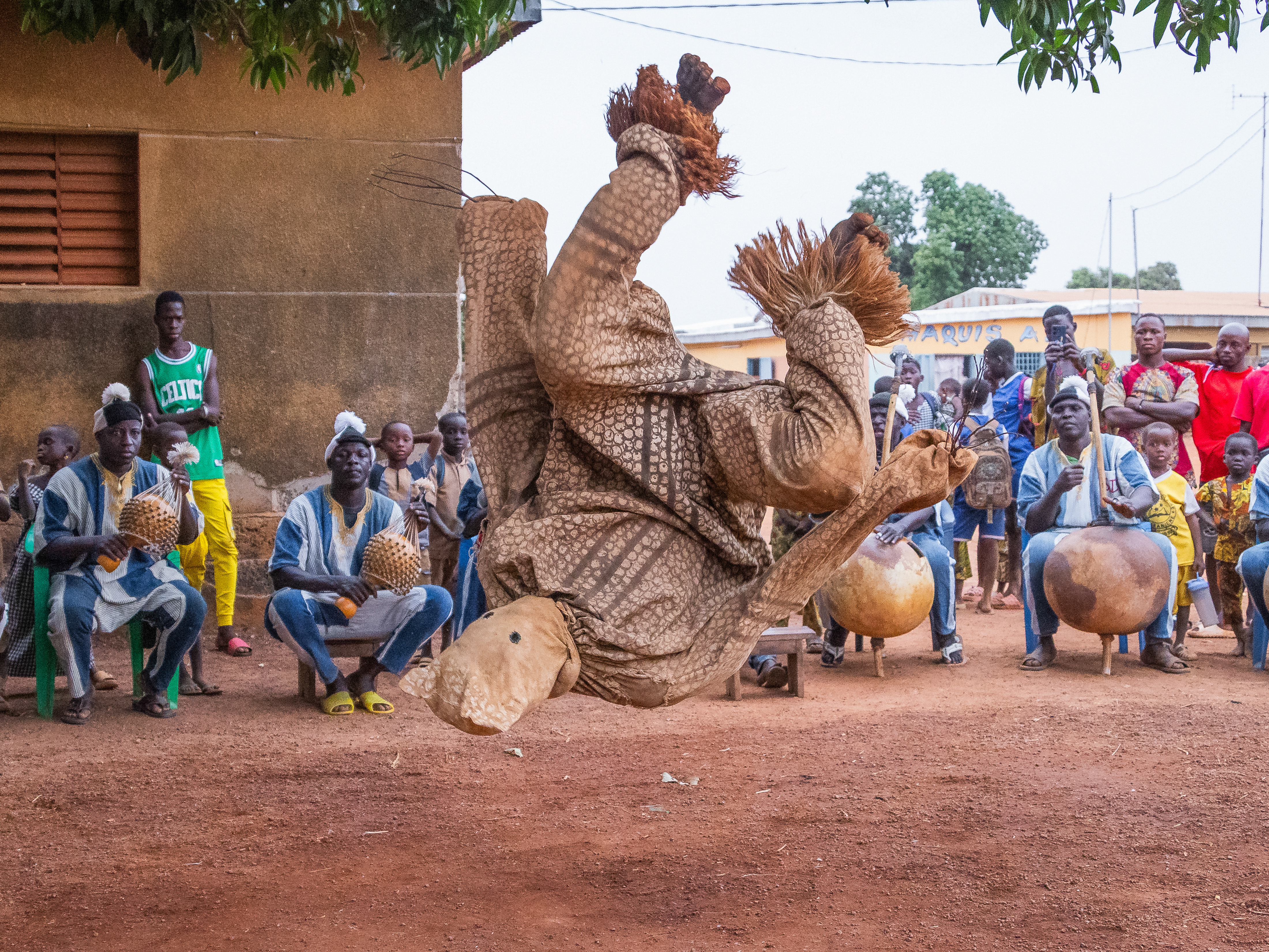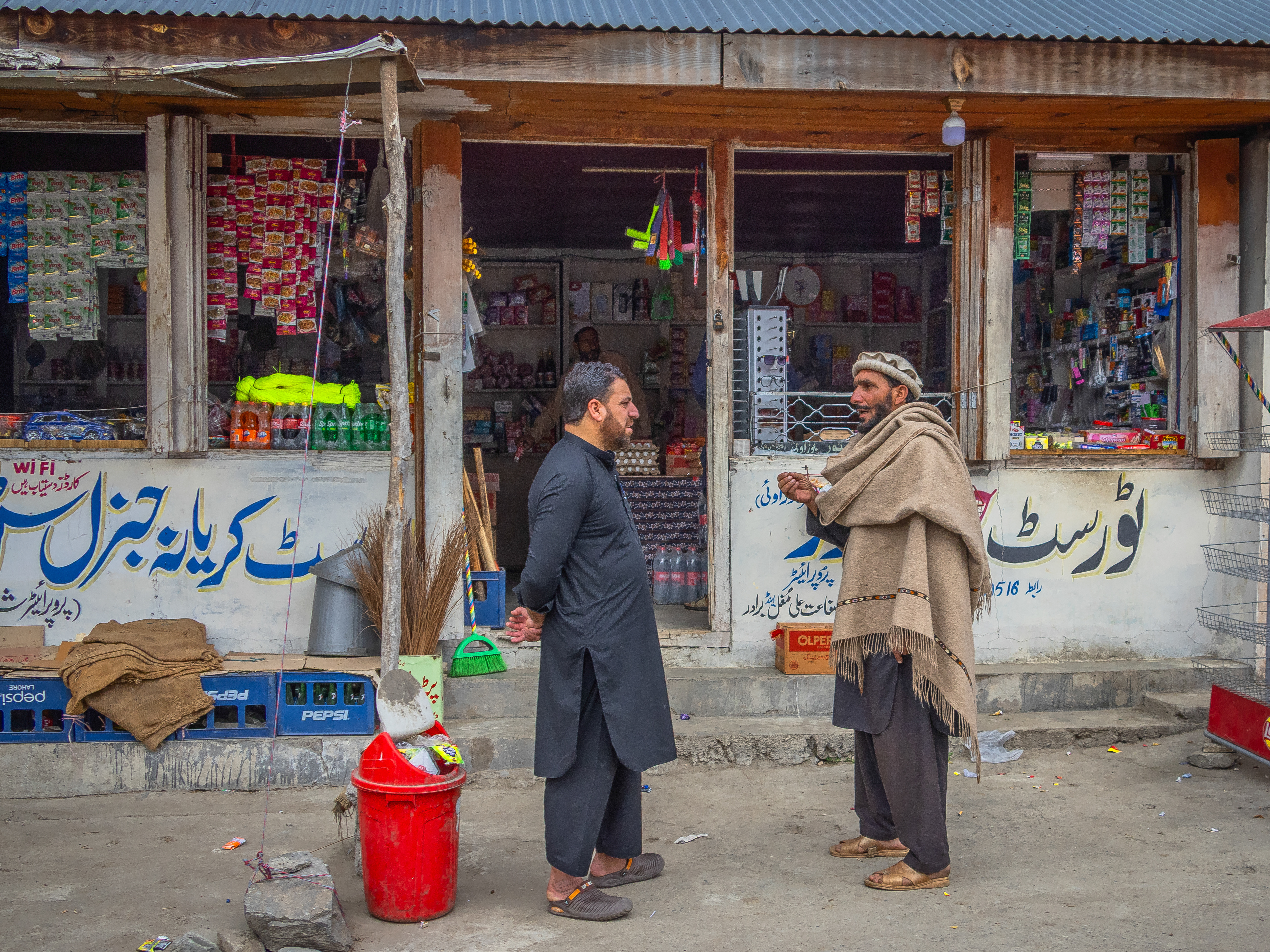Kava Ceremony
On the small island of Yasawairara in the Fijian archipelago, we are invited to take part in a Kava Ceremony. These rituals are said to strengthen ties among groups, reaffirm status and help people communicate with the spirits. My dad, who is the eldest in our party, is chosen to be our leader and to present the village chief with the kava root brought from the local market.
The kava ceremony focuses around the communal Kava tanoa (bowl), which is placed in front of the village chief. The roots of the Kava shrub (Piper methysticum - meaning intoxicating pepper) are pounded on a large stone with a small log and the pulp placed into a cloth sack made from coconut fibre, before being mixed with a small amount of water. The chief strains the cloth to release a muddy liquid, the kava gold.
The subsequent drink is served from a huge bowl scooped up by a communal half coconut shell. The first cup is offered to our leader, followed by his second-in-command. After the village chief has had his fill, the cup is passed around the rest of the group. We are asked if we want low tide (half full cup) or high tide (full cup). Men drink first and then the women – traditionally, kava drinking sessions were male only domain.
When presented with the kava, we are to clap once and yell ‘Bula!’ (Fijian for hello/cheers). Drinking the kava in one gulp, we clap three more times and end with the word Maca – pronounced ‘Ma-tha’.
When drunk, kava creates a pleasant, numb feeling around the mouth, lips and tongue, as well as a sense of calm and relaxation. The extract Kava is a mild narcotic and has sedative, euphoric and anaesthetic properties.
It looks like dirty water, smells like dirty water, has a texture like dirty water and tastes like dirty water. After the 11th bowl I don't care.
Kakadu National Park, from a scenic flight
Mount Ngaruahoe, New Zealand
Yasawa Islands, Fiji
Too close for comfort.
Although this exciting incident ended peacefully and uneventfully; the next encounter did not. Not long after seeing the whale so incredibly close, the zodiac was attacked by a leopard seal and punctured. Fortunately the crew managed to keep the boat afloat and get the passengers back to the safety of our ship. According to the captain, that was the first time he had ever known a leopard seal to attack one of the small inflatable boats.
Antarctica January 2004.
In the Tari Highlands in Papua New Guinea, ladies whose husbands have died (usually in local clan wars), set up home together in a Widow's Village. Here they can support each other, and their clothing and facial decorations allow potential suitors to see that they are available and on the market again.
Uluru (formerly known as Ayers Rock), Australia
Taken from a scenic flight over the Southern Alps in New Zealand
Sunset over La Belvedere, Tahiti
The Olgas, Australia, taken from a scenic flight
On our travels I have a propensity towards wild, remote and primitive destinations; and Papua New Guinea fits that bill perfectly.
We'd booked a five day trekking trip, exploring the Southern Highlands while staying overnight in private homes along the way. At the last minute the local agent changed the itinerary because they felt clan warfare in the area was making the plan too dangerous. This place is pretty lawless, something we shall find out for ourselves again and again.
Plan B is 'trekking by car' – that is, we will be dropped off somewhere in the morning, spend the day hiking, then picked up again by the minibus in the evening and taken back to our comfortable lodge. As it turns out, that suits me fine, as I am by that stage suffering quite badly from bronchitis, which is not helped by the altitude.
Back in the minibus after the trek, Peter, the driver, negotiates the so-called road (I have seen smoother dried-up riverbeds) for the journey back to camp. On some of the bridges, such as this one, there is a shortage of wooden slats, and it needs someone to get out and move the planks from behind to the space in front of us along as we drive across.
There is much consternation in the bus when a fracas is spotted ahead. A man from Medang, driving a hire car, has been robbed at knife-point. Unfortunately he fought with the robber and ended up quite badly injured. The locals love a drama and are revelling in this tale. The 'rascal' (as highway robbers are known here) has driven off in the hire car, and our driver wants to make a road block to try and catch him.
Really? Gulp.
Picking up a machete and rifle from under the console, Mark states: “We are afraid. Very afraid”.
We proceed gingerly, willing the throng of people to disperse so that we can get through, with Peter sounding his horn to break up the crowd. My heart is in my throat and I can hear it beating. Loudly.
News of the robber comes through the grapevine: luckily (for us) the local inhabitants have managed to trap the gangster, tie him to the bumper of the car and beat him senseless. They are now waiting to hand him over to the police, who will no doubt batter him further.
Phew.
